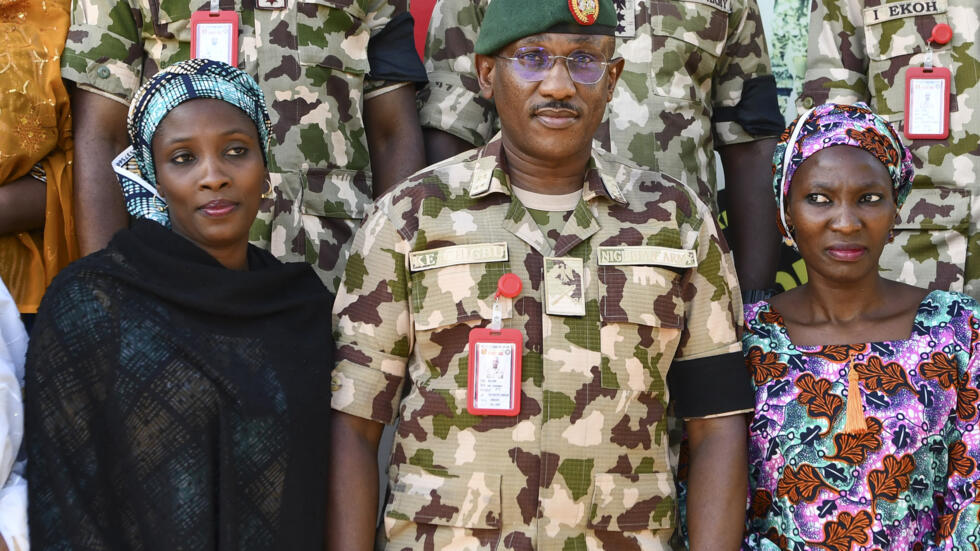A Nigerian nurse abducted by Islamic State-affiliated groups in 2018 has escaped after six years in captivity, where she endured forced marriages and gave birth to a child.
Alice Loksha, a former UNICEF health worker, was presented to reporters on Friday at a Nigerian military base in Maiduguri, northeast Nigeria. She was kidnapped on March 1, 2018, during an attack by Islamic State West Africa Province (ISWAP) fighters on a camp housing 60,000 displaced people.
The assault left eight Nigerian soldiers and three UNICEF health workers dead. Loksha was taken alongside two International Committee of the Red Cross (ICRC) midwives, Saifura Khorsa and Hauwa Liman, who were later executed. ISWAP justified the killings by accusing the women, both Muslims, of working for international organisations, which they deemed unacceptable. Loksha, a Christian, was spared to be exploited as a sex slave.
On October 24, 2024, Loksha escaped her captors at a camp on Dogon Chukwu island in Lake Chad. She reached Nigerian troops five days later in Geidam, Yobe State, according to Major General Kenneth Chigbu.

Another escapee, Faina Ali Kelawos, who had been held by ISWAP for two years, also appeared at the news conference.
During her captivity, Loksha was forcibly married to two ISWAP commanders. She had a child with the first, identified as Abu Omar, who was killed by Nigerian forces two years ago. After his death, Loksha was remarried to another commander, Abu Simak, who was eventually exiled by ISWAP for unknown reasons.
Before her abduction, Loksha was already married with two children. However, her return has raised complex challenges. A UN source revealed her husband remarried after believing she was dead, and there are concerns about stigma surrounding Loksha and her child from captivity.
ISWAP emerged in 2016 after splitting from Boko Haram over ideological differences. Both groups have perpetrated mass kidnappings, targeting women and children, who are often forced into sexual slavery or used as suicide bombers.
The 15-year conflict in northeast Nigeria has claimed over 40,000 lives and displaced around two million people. Its impact has spread to neighbouring Niger, Chad, and Cameroon, prompting a regional military coalition to combat the insurgents.

